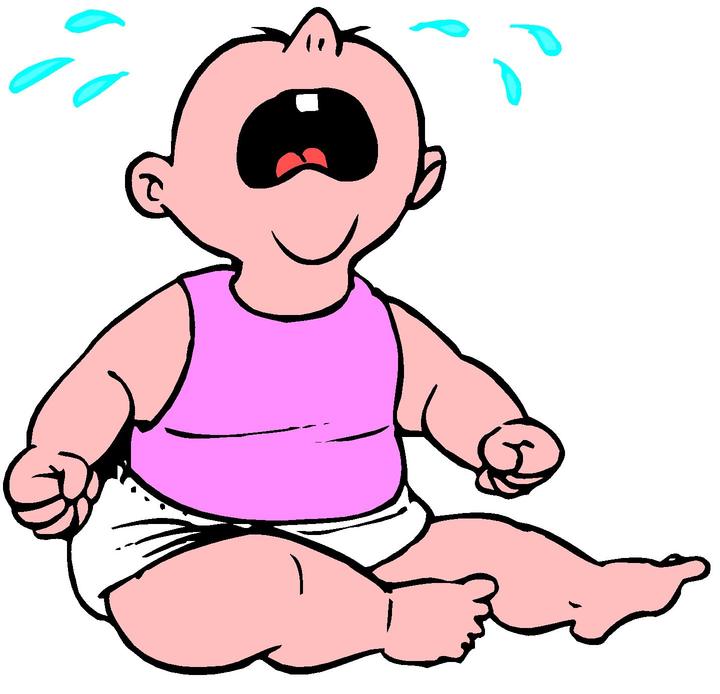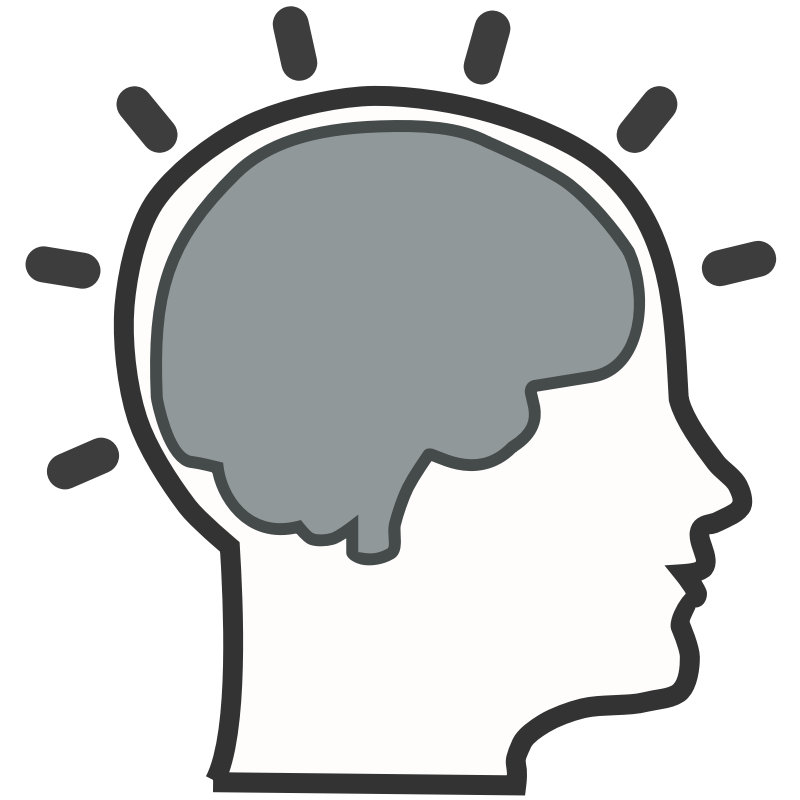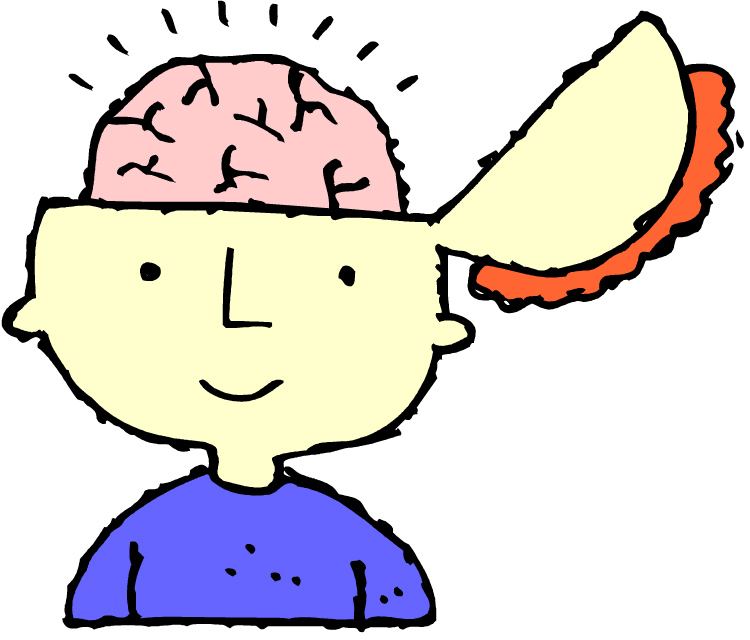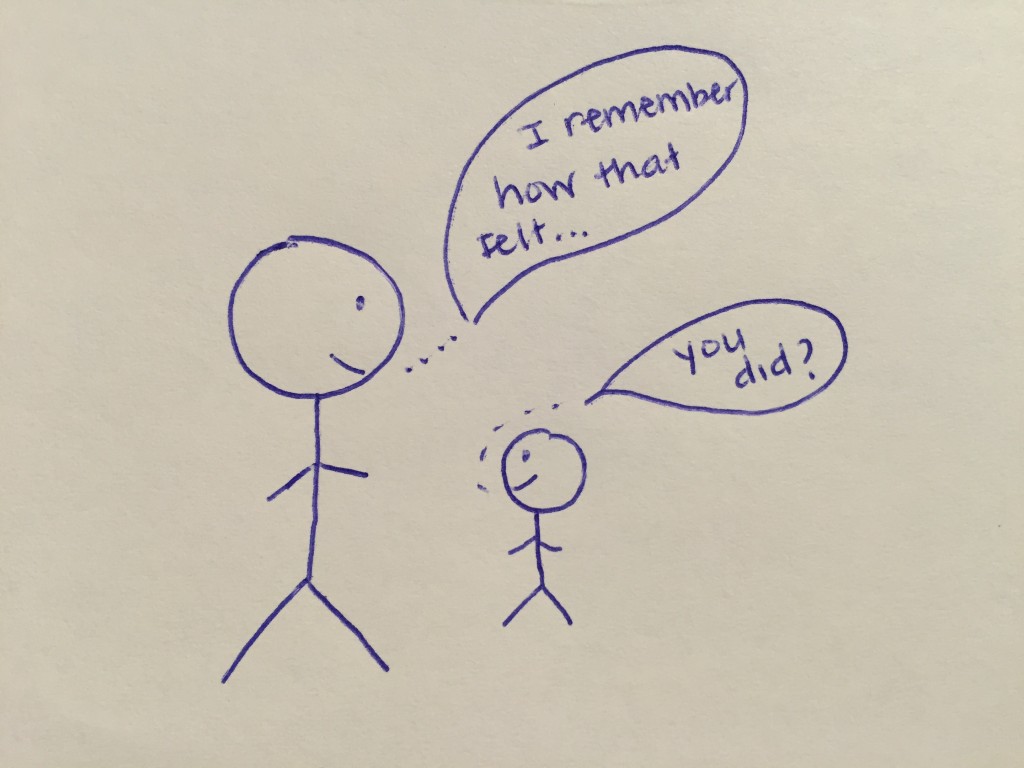Parenting has many challenges, especially when responding to your child’s meltdowns. You may find yourself panicking on how to respond to them. The best course of action is to always take a deep breath and know they are not doing anything on purpose. Once you can do that, you are able to respond to their needs.
The online article 20 Things To Say To Your Child Instead Of “Don’t Cry” has some wonderful and helpful tips on how you can respond to your child. The article referenced the common responses that parents say to their child, such as “don’t cry” or “it makes me sad to see you cry”. These statements can directly and indirectly tell your child that their innate response to pain/ suffering should be kept private or that the child is causing the parent harm by expressing a natural emotional response.
Helping your child build their emotional resources by normalizing their responses is the first step. Acknowledging they are having a hard time and that you are there for them is a step in the right direction. The 20 responses to say to your child was copied and pasted below. I thought they were helpful tips in responding to your child.
1. I’m right here
2. I see how upset you are
3. I’m sorry this is hard, Love
4. I’ll be with you while you are upset
5. I’m not going anywhere
6. You are safe
7. There’s nothing more important than being with you right now
8. I’m sorry… you lost your lamby/your friend said that/you dropped your ice cream
9. I hear you Sweetheart
Drawing attention repeatedly back to the facts that are driving the upset:
10. You really wanted…that toy/some ice cream/daddy to stay home/to go to the park
11. That…dog/kid/ride/the way I shouted scared you
12. Let’s have another look at your hurt…knee/finger/toe
Holding a limit around the situation (and listening to the protests):
13. I can’t let you…go to that party/hit her/have that treat/play with my glasses
14. I need you to…put your shoes on/finish your homework/get in the car now
Reminding them of the hopeful perspective on the situation (and listening to their hopeless response):
15. You’ll get chocolate again soon
16. I know you’ll figure this all out
17. Mummy is coming back later
18. I’m sure you can still have a good time
19. You’ll do just fine with the tshirt we have
20. It won’t be like this forever
(photo taken from cliparts.co)









